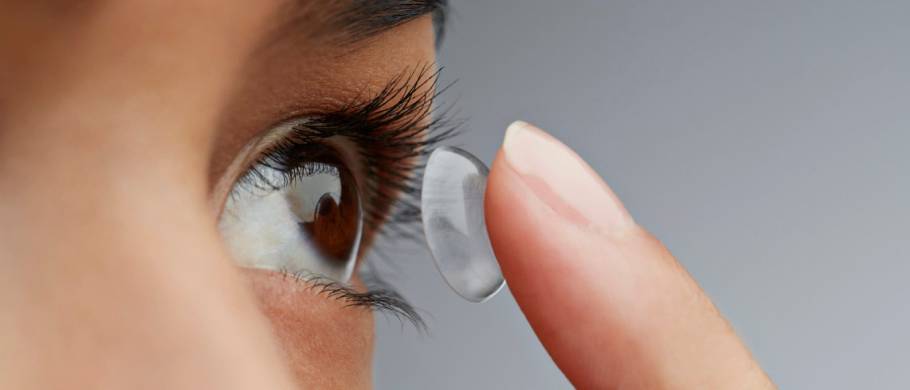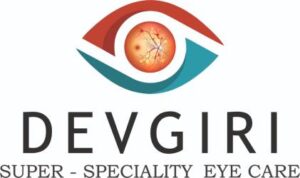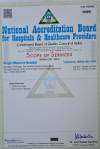Contact lenses are an excellent choice for nearly anyone who needs vision correction and doesn’t want to wear eyeglasses full time or undergo LASIK surgery.
Here are the basics you should know about contact lenses before seeing your eye doctor (you are interested in wearing contacts).

Contact lens materials
The first choice when considering contact lenses is which lens material will best satisfy your needs. There are five types of contact lenses, based on type of lens material they are made of:
- Soft lenses are made from gel-like, water-containing plastics called hydrogels. These lenses are very thin and pliable and conform to the front surface of the eye.
- Silicone hydrogel lenses are made of an advanced type of soft contact lens material that allows more oxygen to pass through the lens and reach the front surface of the eye. Silicone hydrogel contact lenses are now the most popular type of contact lenses.
- Gas permeable lenses. Also called GP or RGP lenses, these are rigid contact lenses that maintain their shape on the eye, enabling them to correct astigmatism and other refractive errors. Gas permeable contact lenses typically are smaller in diameter than soft lenses and are made of highly oxygen-permeable materials. It usually takes some time for your eyes to adjust to GP lenses when you first start wearing them; but after this initial adaptation period, most people find GP lenses are as comfortable as soft lenses.
- Hybrid contact lenses have a rigid gas permeable central zone, surrounded by a “skirt” of hydrogel or silicone hydrogel material. They are designed to provide wearing comfort that rivals soft or silicone hydrogel lenses, combined with the crystal-clear optics of GP lenses.
- PMMA lenses are rigid contact lenses that look like GP lenses but are made of a plastic material that is not oxygen permeable. PMMA lenses were commonly prescribed years ago, but essentially have been replaced by gas permeable lenses.
Contact lens wearing time
- There are two categories of contact lenses based on recommended wearing time:
- Daily wear contact lenses — These must be removed nightly before sleep.
- Extended wear contact lenses — These can be worn overnight (for a limited number of days).
“Continuous wear” is a term that’s sometimes used to describe extended wear lenses that are worn 24 hours per day for up to 30 consecutive days.
When to replace your contact lenses?
Even with proper care, contact lenses (especially soft contacts) should be replaced frequently to prevent the build-up of lens deposits and contamination that increase the risk of eye infections.
- Soft lenses have these general classifications, based on how frequently they should be discarded:
Daily disposable lenses — Discard after a single day of wear - Disposable lenses — Discard every two weeks, or sooner
- Frequent replacement lenses — Discard monthly or quarterly
- Traditional (reusable) lenses — Discard every six months or longer
Gas permeable contact lenses are more resistant to lens deposits and don’t need to be discarded as frequently as soft lenses. Often, GP lenses can last a year or longer before they need to be replaced.
Contact lens designs
Soft contact lenses (both hydrogel and silicone hydrogel lenses) are available in a variety of designs, depending on their intended purpose:
Spherical contact lenses have the same lens power throughout the entire optical part of the lens to correct myopia (nearsightedness) or hyperopia (farsightedness).
Toric soft contact lenses have different powers in different meridians of the lens to correct astigmatism as well as nearsightedness or farsightedness.
Multifocal contact lenses (including bifocal contacts) contain different power zones for near and far vision to correct presbyopia as well as nearsightedness or farsightedness. Some multifocal lenses also can correct astigmatism.
Cosmetic contact lenses include color contacts designed to change or intensify your eye color. Halloween, theatrical and other special-effect contacts also are considered cosmetic lenses. A contact lens prescription is required for cosmetic contacts even if you have no refractive errors that need correction.
How To Reach Us?
Dr. Nilesh Giri is a trusted Eye Specialist in PCMC, Pune. At Devgiri Memorial Hospital you will get all the necessary medical treatment. Our advanced approach for our patient treatments make us unique.
The appointment process at Devgiri Memorial Hospital PCMC Pune is very simple. You can directly call on 09657002695. Also with the help of the “Book an Appointment” Form you can book your appointment by just filling in the basic information. We will contact you via email or phone call to confirm your appointment.



